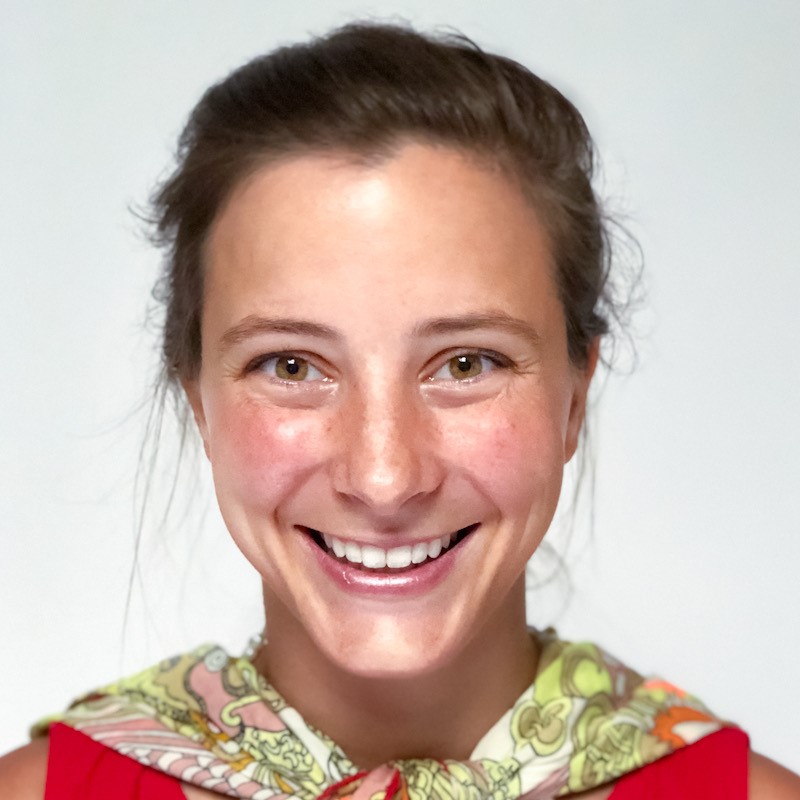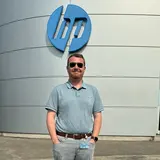
Internship Spotlight: Nicole Julian ’22, Self-Help Federal Credit Union
Nicole Julian ’22 checks in from one of the country’s largest community development financial institutions.
What did you do this past summer? We asked rising second-year MBA students to check in from their summer internships, where they applied the lessons of their first year at Yale SOM.
Nicole Julian ’22
Internship: Self-Help Federal Credit Union, San Francisco, California
Hometown: Durham, North Carolina
Pronouns: she/her/hers
Clubs and Affiliations: Education Club, Consulting Club, Philanthropy Conference
Favorite SOM Class: Competitor
Favorite SOM Professor: Raphael Duguay
Favorite New Haven eatery: Taqueria Oyameles
 My summer internship was with the Development, Policy, and Impact team at Self-Help Federal Credit Union, one of the country’s largest community development financial institutions (CDFIs). Self-Help’s mission is “creating and protecting ownership and economic opportunity for all, especially people of color, women, rural residents, and low-wealth families and communities.” They achieve this mission by providing responsible financial services, lending to small businesses and nonprofits, developing real estate, and promoting fair financial practices. Having come from a policy background prior to SOM, I was eager gain a new perspective and see how solutions from the private sector were helping promote racial and socioeconomic equity.
My summer internship was with the Development, Policy, and Impact team at Self-Help Federal Credit Union, one of the country’s largest community development financial institutions (CDFIs). Self-Help’s mission is “creating and protecting ownership and economic opportunity for all, especially people of color, women, rural residents, and low-wealth families and communities.” They achieve this mission by providing responsible financial services, lending to small businesses and nonprofits, developing real estate, and promoting fair financial practices. Having come from a policy background prior to SOM, I was eager gain a new perspective and see how solutions from the private sector were helping promote racial and socioeconomic equity.
There were two key projects I was able to support this summer. First, Self-Help wanted help exploring how they could improve their impact measurement and reporting. Not only is having a clear sense of your impact helpful for external messaging, but it’s also an important tool for mission-driven organizations in evaluating if their strategies and services are having the intended effect. Second, as Self-Help has expanded significantly in recent years, they also recognized the need for a tool to capture key trends in the community engagement efforts across all 70 branches nationwide. By understanding the sectors being engaged, the strategies employees were using to engage, and the needs being expressed by communities, Self-Help hoped to provide better, more tailored support to employees and their communities.
My classes at SOM could not have been more useful in equipping me with the tools I need to begin addressing both of these projects. What better way to prepare you for an impact measurement project than taking a course called Impact Measurement and Financial Reporting in the Social Sector? In addition to regularly referencing materials and readings from that course, I also reached out to Professor Duguay, who generously provided feedback on my research and preliminary recommendations.
This generosity of time and sharing of expertise was also something I found and appreciated at Self-Help; across regions, teams, and program areas, my colleagues were happy to jump on a video call (or occasionally meet up in person) and provide their insights. I certainly came to better under the CDFI space through these conversations, but equally important, I better understood how each role within the organization played a part in helping Self-Help achieve its mission.



